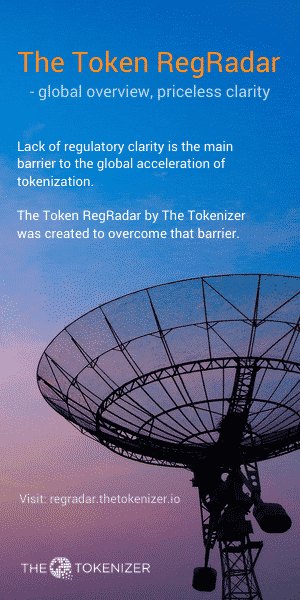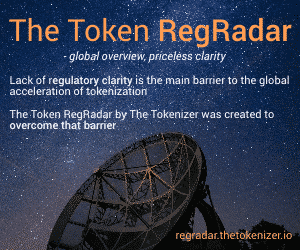HSBC Issues HK$1 Billion Digital Bond
HSBC has issued a HK$1 billion (US$128 million) digital note using distributed ledger technology (DLT), marking a significant milestone in the digitization of Hong Kong’s financial markets. The one-year bond, listed on the Hong Kong Stock Exchange (HKEX), is the first digital note issued by a Hong Kong company and the first under English law in the city. The issuance was made possible through HSBC’s proprietary Orion DLT platform, with the Hong Kong Monetary Authority’s (HKMA) Central Moneymarkets Unit (CMU) acting as the platform operator.
The digital note offers a fixed interest rate of 3.6% and settles within a two-day window. The bond is accessible to investors through multiple channels, including DLT, custodians, and CMU accounts, broadening its investor base and enhancing liquidity. While digital bond issuances are typically touted for potential efficiencies and lower costs, liquidity is often a challenge. However, HSBC’s integration with CMU systems helps address this by allowing conventional investors to participate without needing to interact directly with the blockchain.
HSBC played multiple roles in the issuance, including acting as the issuer, platform provider, arranger, dealer, sole bookrunner, and joint lead manager. Other joint lead managers included major financial institutions such as Agricultural Bank of China (Hong Kong Branch), China Construction Bank (Asia), and Bank of China. Legal guidance was provided by Linklaters and Ashurst.
This issuance follows HSBC’s earlier involvement in a US$756 million digital bond issued by the Hong Kong government, also utilizing blockchain technology. Both bond issuances are part of a broader push to modernize financial markets through DLT, with a focus on enhancing transparency, reducing risks, and improving operational efficiency.
Hong Kong’s Digital Assets Ecosystem Expands
The issuance of this digital bond aligns with Hong Kong’s growing reputation as a global hub for digital assets and blockchain technology. In addition to private sector participation, the city’s regulatory environment continues to evolve, with its two primary financial watchdogs, the HKMA and the Securities and Futures Commission (SFC), aligning their rules for digital asset over-the-counter (OTC) derivatives with European Union standards.
The regulators announced plans to adopt Unique Product Identifiers (UPIs) and Unique Transaction Identifiers (UTIs) for OTC transactions, enhancing transparency and traceability. These changes follow extensive consultations with industry stakeholders, aimed at creating a robust regulatory framework that supports the growth of digital assets while protecting investors.
Hong Kong’s rapid advancement in the digital assets sector has been bolstered by the introduction of blockchain-based financial products, such as HSBC’s digital bond, and the alignment of regulatory standards with global best practices. These developments reflect the city’s ambition to become a leading player in the global digital economy.
HSBC’s HK$1 billion digital bond issuance is a key step forward in the digitization of Hong Kong’s capital markets, setting a precedent for future private sector digital bond offerings. As the city continues to develop its regulatory framework for digital assets, the integration of traditional financial systems with blockchain technology signals a promising future for the sector.
Image by Dan Gold from Unsplash
Read other stories: DeFi Technologies Launches Ethereum Staking ETP on London Stock Exchange
INX and Backed Expand Tokenized Stock Offerings for Non-U.S. Investors
You Might also Like















